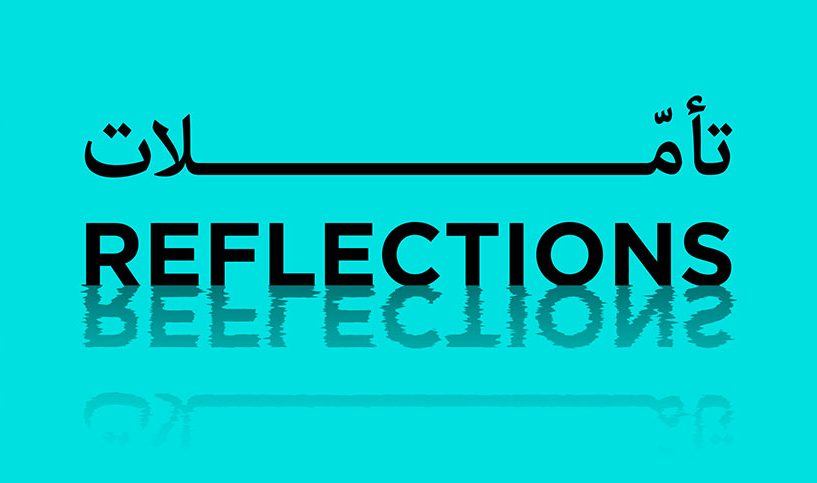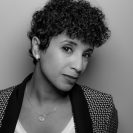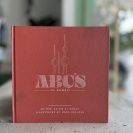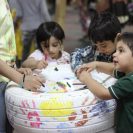For the past ten years, Nuqat has been working towards cultural development in the Middle East. But honestly, what does that really mean?
To understand and break down Nuqat’s role as an organization, Nuqat has divided its programs into three pillars. First, and possibly the most known pillar, knowledge exchange. Everything from Nuqat’s Exploration Sessions tour, to the conferences constitute as knowledge exchange, due to the fact that they are platforms for discussion and dialogue, many times bringing a variety of people into the mix. The second pillar is capacity building and while the general understanding of capacity building is that it is the “Process of developing and strengthening [one’s] skills, instincts, abilities, processes and resources… to survive, adapt, and thrive in a fast-changing world” (United Nations), they have a more specific meaning to it. Referring to capacity building as the pillar that concentrates on workshops. In order to understand how to further develop culture, research must be conducted and analyzed, therefore making benchmarking the third pillar of Nuqat.
While the three pillars are defined separately, they are implemented interchangeably. The knowledge exchange pillar encourages dialogue and conversation, which often times brings to light various issues that are hindering the growth and development of the community. Also, during those discussions’ individuals begin to suggest solutions that can be implemented to solve issues. Since all discussions are documented, Nuqat was able to identify the prevailing topics that can be addressed. This is where capacity building comes into play. The problem that was addressed, at either a forum or roundtable discussion, ends up becoming a workshop where participants create a proposal or project that aims to solve the discussed issue. For example, a common thought that was repeated throughout the Exploration Sessions pointed out the benefit that design thinking can have on solving various issues within a society. That key point drew them towards curating a workshop for the Nuqat 2019 Regional Conference, conducted by Raffi Tchakerian. In this problem-based workshop, participants designed solutions using design thinking and technology, to foster a strong connection between different groups in one society. One group of participants used design tools and technology, to create an application that sheds light on the issue of harassment. While benchmarking is not sequential it happens organically as part of the development process. Thus, Nuqat is constantly adapting and updating research to ensure that data is relevant to better understand the developments that are happening in the region.
Although the three pillars are essential to achieving Nuqat’s mission of cultural development, the support of the community has been vital. Since non-profits are usually limited in manpower, finances and outreach, that makes collaborations and partnerships an instrumental key to Nuqat’s success and growth. Over the past ten years, they have collaborated with approximately 265 institutions, worked with over 1,400 people and participated in 71 cultural activities and counting. They have expanded their program by inviting various entities and community members to partake in the Nuqat 2019 Regional Conference, as more than participants but as content creators.
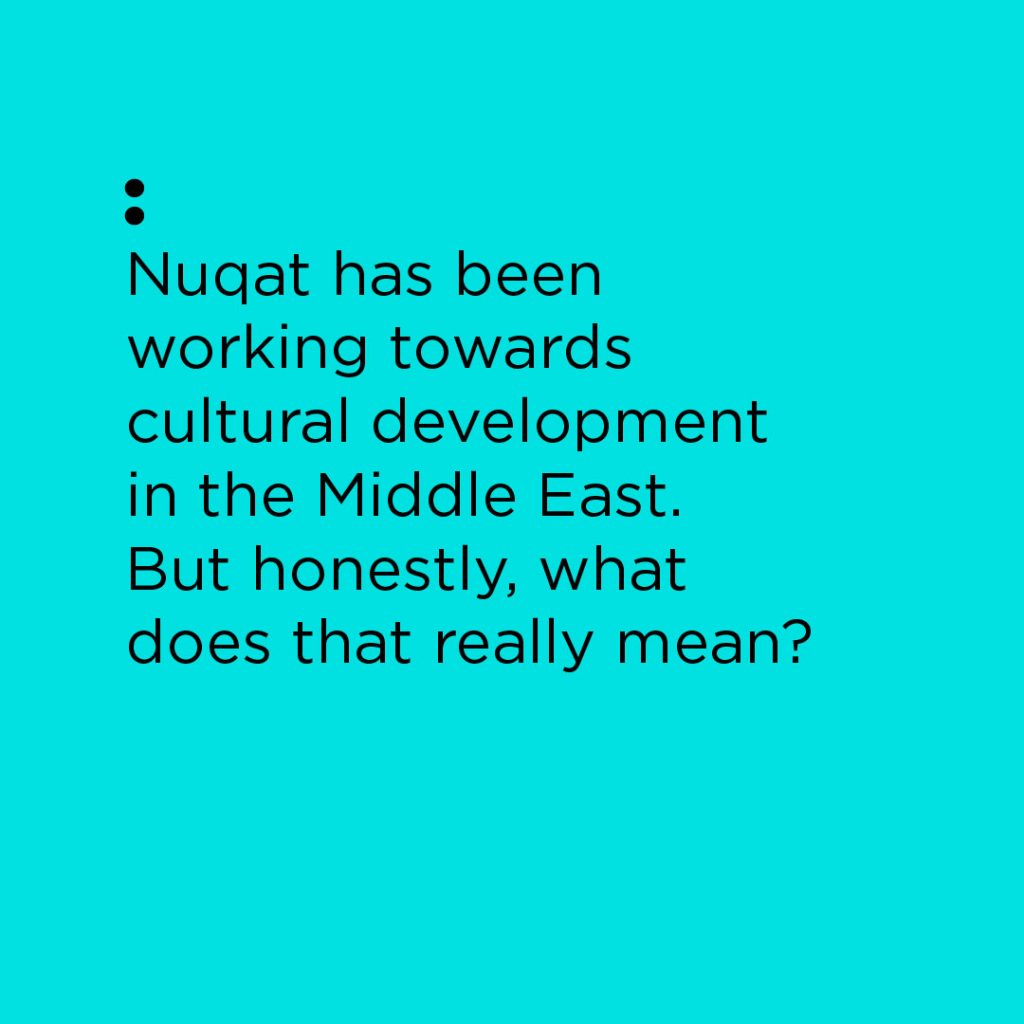
Knowledge Exchange
2019 was a busy year for Nuqat, they went on tour in Saudi Arabia, held discussions in collaboration with cultural entities and of course conducted a ten-day regional conference that attracted around 4,000 people online and offline. Due to their participatory nature, all these activities constitute as a form of knowledge exchange as they are disseminating and addressing important issues regarding the cultural landscape in the Middle east. Even this insight falls under the category of knowledge exchange.
In terms of collaborative discussions, Nuqat partnered with Sheikh Jaber Al-Ahmad Cultural Centre (JACC) throughout the 2018-2019 season to curate three talks for their “Monday Talks” segment. The talks occurred bi-monthly under the theme of “The Role of Society in Shaping the Cultural Industry” to show the connection between the cultural industry and its effect on people personally, socially and structurally.
During the first “Monday Talk” in December 2018, focus was drawn on the history of theatre in Kuwait and its effect on society; collectively and culturally. The theatre in Kuwait was a place that gathered the community not just to be entertained, but rather to highlight important daily matters. In February 2019, the second “Monday Talk” was curated, shedding light on the connection between media and language. The talk discussed the dynamic relationship between media, in all its forms (from social media to traditional television and radio) and our day-to-day language. The final “Monday Talk” of the season in April 2019 was a farewell conversation between Lucy Topilian, founder of Dar Al Funoon gallery and Fareed Abdal, a Kuwaiti artist, architect and educator. Lucy has been one of the main driving forces behind the visual art scene in Kuwait for the past 25 years. The gallery served as space to introduce the Kuwaiti community to artists from all over the region, as well ignite the art industry in Kuwait.
The Exploration Sessions constitute as knowledge exchange as they brought together people from various backgrounds to discuss and come up with solutions that pertain to the creative economy. The last insight highlighted the main similarities and differences between the outcomes of these sessions. After that insight, 36 reports were released that are now available on the Nuqat website. The aim of the reports is to serve as policy briefs or references to academic research on the creative economy in the Middle East. The hope is, community members would use the key points and next steps that came out of the sessions to work with their local municipalities and government officials to solve the specific issues that were highlighted in the report.
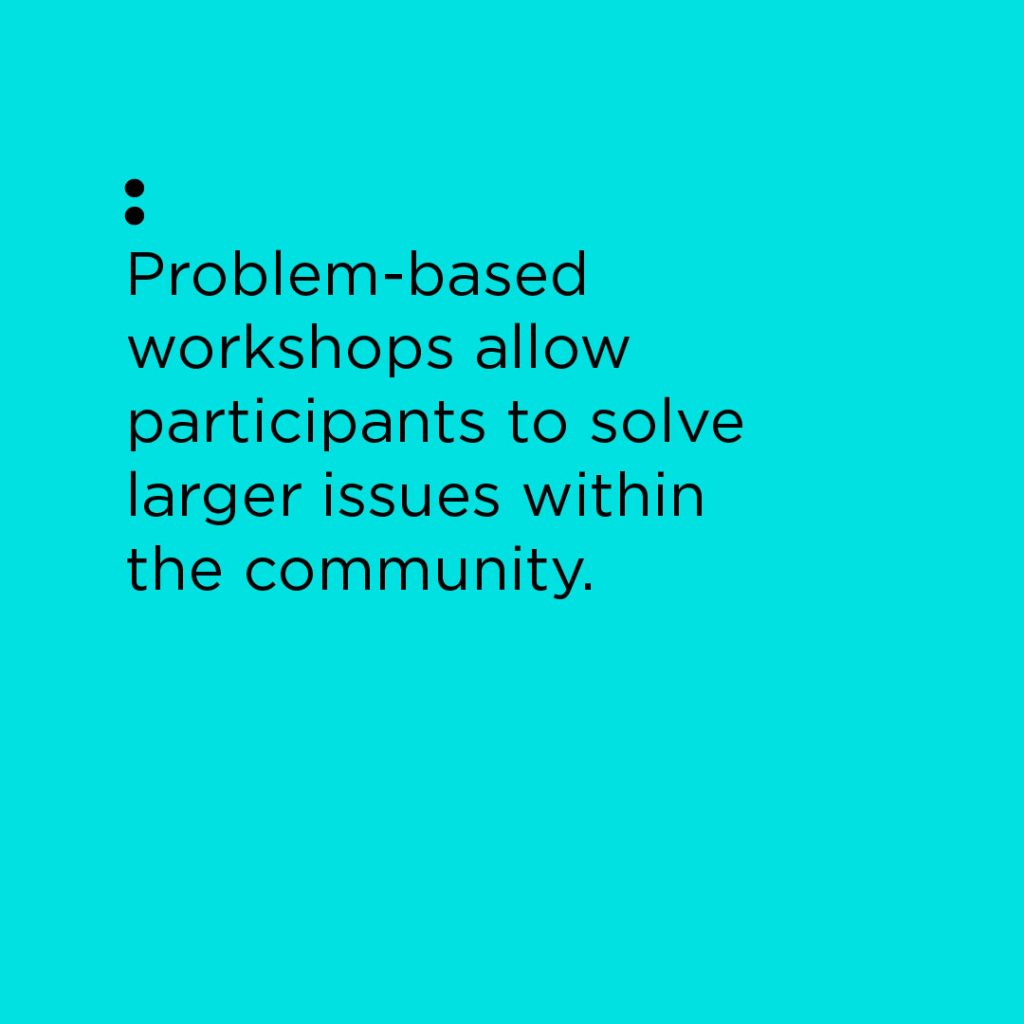
Since 2009, Nuqat has curated 210 lectures spanning across ten conferences. While most people know Nuqat because of the annual conferences, the last conference State of the Elastic Mind differed from previous conferences for multiple reasons. One aspect was that the conference was regional, where entities from seven different Middle Eastern cities participated in the conference. The concept behind going regional stemmed from various reasons, but primarily to develop a network between creatives in the region. While the conference’s theme focused on breaking personal, social and structural barriers, it was as important to break physical barriers, such as borders to achieve an elastic mind.
The notion of breaking barriers extended further as Nuqat’s involvement in the community increased. Back in December 2018, with an aim to share and extend Nuqat’s platform; an Open Call was circulated to invite various creatives, artist collectives, innovators and institutions to propose and develop activities that tie into the theme of the conference. Out of 90 applicants, 38 were chosen to be a part of the Nuqat 2019 Regional Conference program. Activities included installations, exhibitions and skill and problem-based workshops.
Capacity Building
In the past ten years, 110 workshops were conducted. Ranging from creating type design, to using recycled material to create furniture which were primarily skill-based. This time, problem-based workshops were added to the program. While learning a new skill constitutes as capacity building, the problem-based workshops were meant to solve a larger issue within the community. From social design to citizen journalism, the workshops showed how design thinking, collaboration, communication and creativity can help solve vital issues in a society. For example, one of the workshops focused on transforming Al Mubarakiya Souk, a public space in Kuwait, to create a space that is inclusive and engaging for all.
It was only 2019 that problem-based workshops were introduced as they were a result of the Exploration Sessions. Many of the participants during the Exploration Sessions suggested that hands on workshops would help solve issues as participants will be able to design a solution and create a proposal that can be presented to stakeholders.
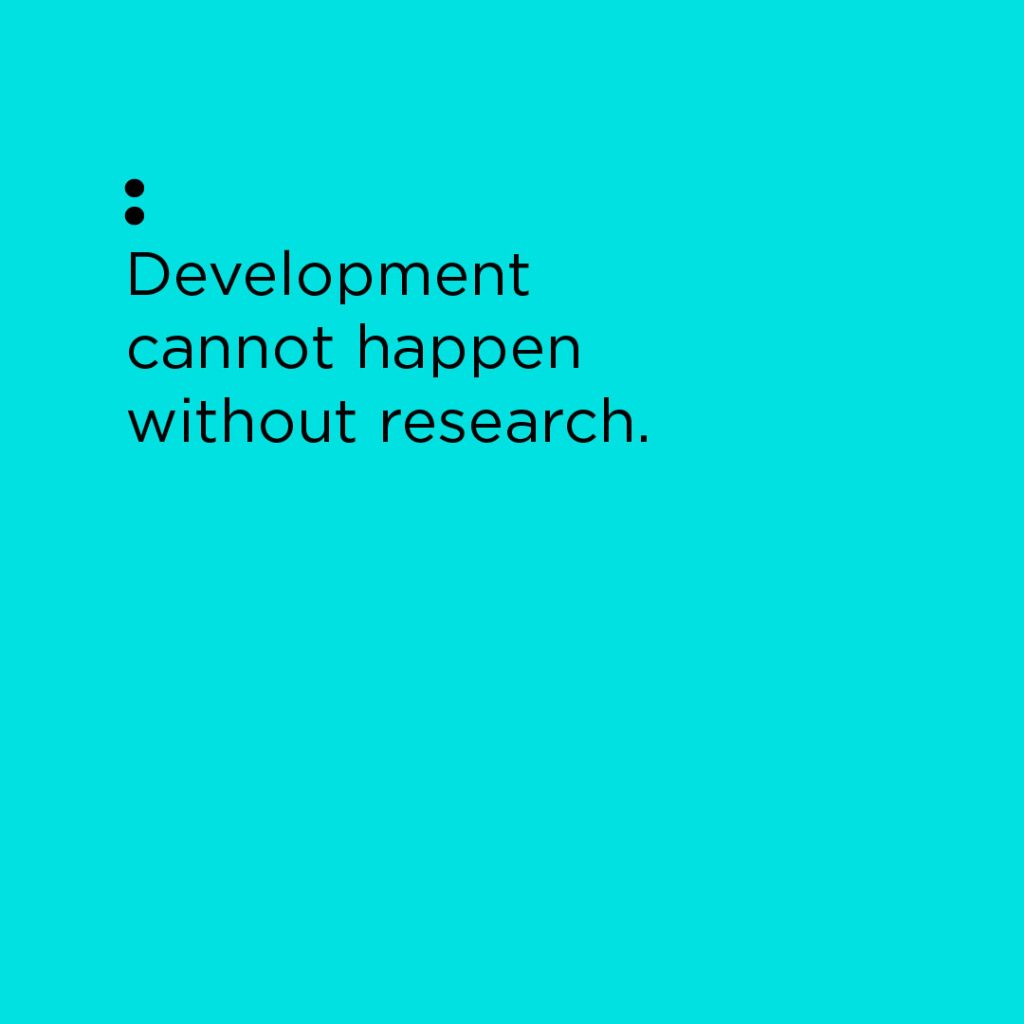
Benchmarking
The third pillar of Nuqat focuses on developing research to better understand the cultural makeup of the Middle East. So far two different projects have been worked on. One was the Social Print Index which was developed by Nuqat & Strategy, suited to the local and social environment, that can be used to quantify the social benefits associated with various projects and initiatives in Kuwait.
The second research project was focused on understanding the Cultural Vibrancy of 12 Middle Eastern cities by identifying two indicators (1) cultural infrastructure and (2) innovation clusters. The aim of this is to understand how a city’s cultural vibrancy can be enhanced in a sustainable manner by building onto the already existing infrastructure.
Benchmarking is the most recent pillar of Nuqat, which they deem to be extremely important because development can’t happen without research. Nuqat also believes that in order to develop culture in the region, they must first understand its flaws and issues, how the existing structures work and who is involved.
What’s next?
One of the biggest shifts will be instead of hosting yearly conferences, they will continue to hold them every two to three years. Therefore, there will be no conference this year, but instead work on various projects with local and regional partners will resume. 2020 spells a new decade for Nuqat, full of change and development.
Stay updated about Nuqat’s latest on Instagram @nuqat and visit www.nuqat.me for more information. For more Nuqat content, please visit bazaar.town/category/nuqat. Images courtesy of Nuqat.



